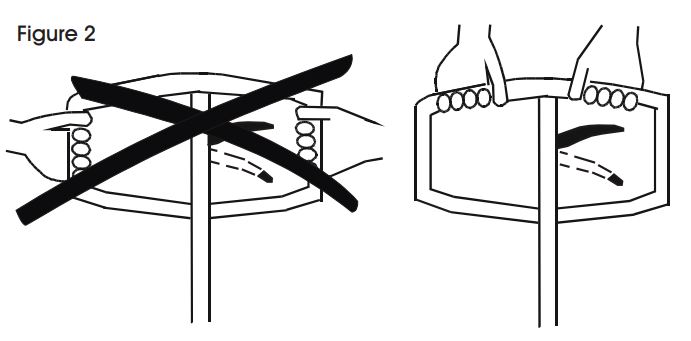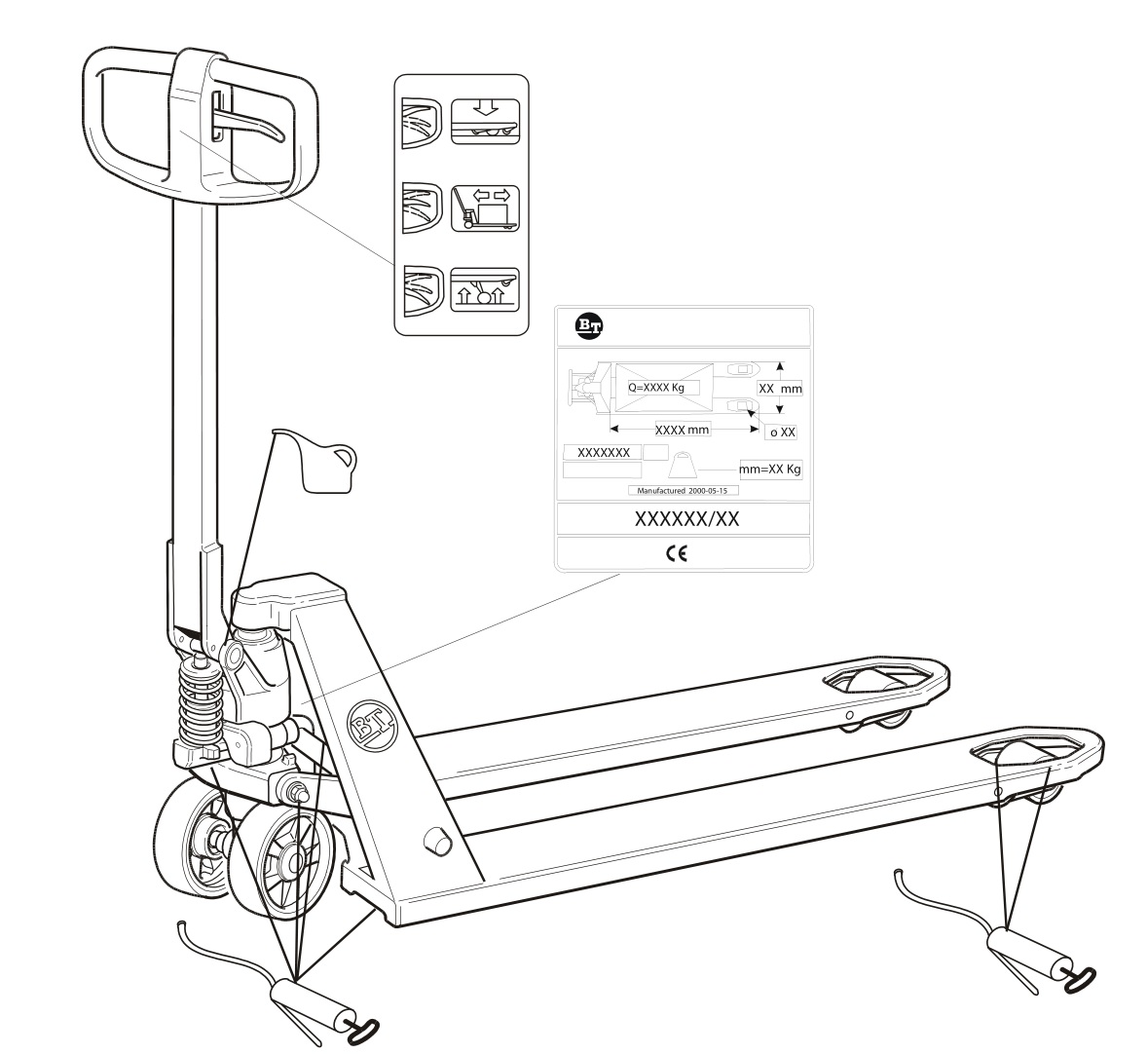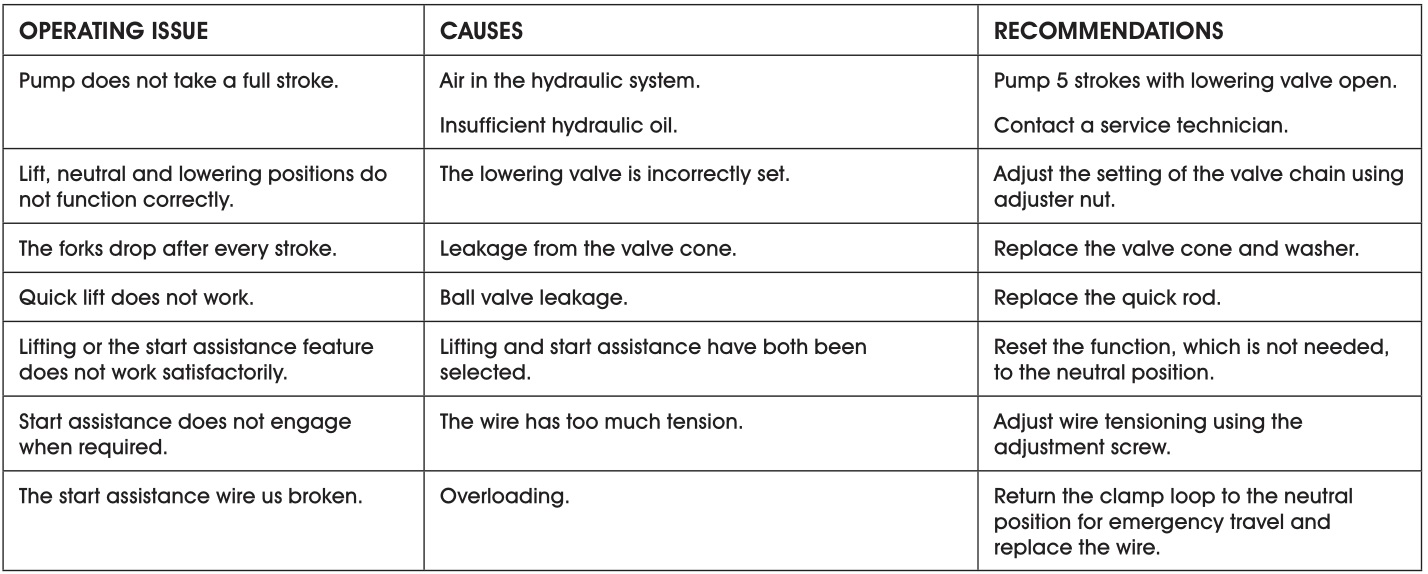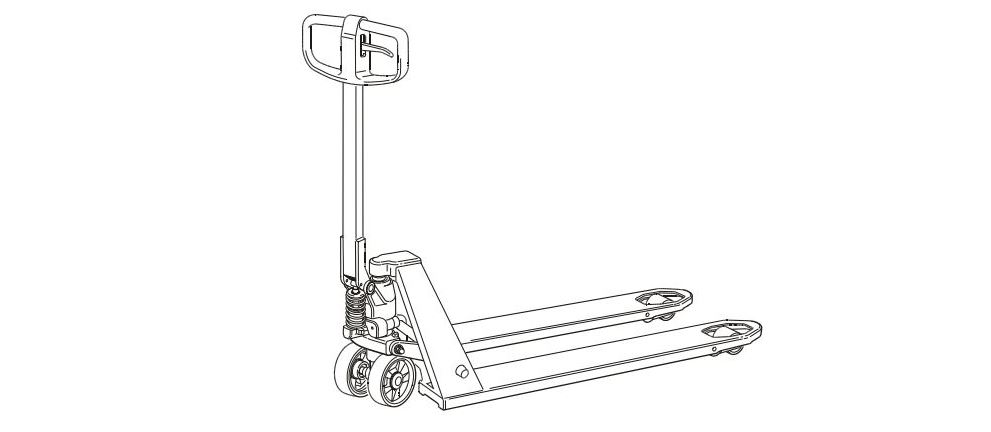ULINE BT Pallet Truck Instructions

![]() IMPORTANT!
IMPORTANT!
Read this manual thoroughly and familiarize yourself with ALL controls and operating features. Keep this manual for future reference andmaintenance.
OPERATIONS
![]()
![]()
![]()
![]()
![]()
![]()
![]()
![]()
![]()
![]()
![]()
![]()
![]()
![]()
![]()
![]()
![]()
![]()
OPERATING THE TRUCK
- The truck may be used only on a firm and even surface, such as concrete or asphalt.
- It is not permitted to use the truck: In areas where the atmosphere contains gases that can cause fire or explosion. In such environments, a special explosion-proof truck is required.
- To transport/lift passengers.
- In cold stores or salty and other corrosive environments.
- Use a stainless steel truck in this type of environment.
OPERATOR’S RESPONSIBILITY
- The truck shall only be driven with care, good judgement and in a responsible manner.
- The truck should not be driven with oily hands or oily shoes due to the risk of slipping.
- Never wear loose objects or jewelry when working on the truck.
WORKING AREA
- Ensure that the floor where the truck is to be used has sufficient load bearing capacity for the total weight of the truck including the maximum load.
- Take special care if there are protruding parts from racks, shelves or walls that can cause injury or damage the truck.
- It is prohibited for persons to be present in the area around the truck when there is a risk of personal injury, e.g. areas that can be reached by falling goods, lowering load handling devices or in the truck’s manoeuvring area.
OPERATIONS
SAFETY CONSIDERATIONS
- Avoid cornering at high speed.
- Pay particular attention to other personnel as well as fixed and moving objects within the working area and thereby avoid accidents.
- Always pull the truck behind you if the load blocks the view.
![]()
![]()
![]()
![]()
![]()
![]()
![]()
![]()
![]()
![]()
![]()
![]()
![]()
![]()
![]()
![]()
![]()
![]()
![]()
![]()
- Always keep a safe distance from the edges of loading docks and loading ramps. Be attentive to marked risk areas.
- Before the truck is driven on to a loading ramp ensure that the ramp is correctly secured and has the necessary load bearing capacity. Drive slowly and carefully across the ramp.
- When the truck is driven on to another vehicle, make sure the vehicle is stable and that the brakes have been applied correctly.
- Before the truck is driven into a lift, the operator must make sure the lift is approved for the total weight of the truck, the load, operator, and any other passengers in the lift. When entering the lift, the load must enter first, not the driver. No other personnelshould be in the lift when the load or truck enters or leaves the lift.
- Any accidents that have caused personal injury or damage to buildings or equipment must be reported to the supervisor. Incidents and faults on the truck shall also be reported.
- Handling loads
- Only handle loads that are within the truck’s permitted lifting capacity. The length and width of the forks shall be adapted to the load’s shape and dimensions.
- Only loads that are stable, evenly distributed on the forks and safely arranged should be handled. (See Figure 1)Figure 1


![]()
![]()
![]()
![]()
![]()
![]()
![]()
![]()
![]()
![]()
![]()
![]()
![]()
![]()
![]()
![]()
![]()
![]()
![]()
![]()
![]()
![]()
![]()
![]()
![]()
![]()
![]()
![]()
![]()
![]()
![]()
![]()
![]()
![]()
![]()


PARKING THE TRUCK
- When parking the truck, the forks must be fully lowered.
- Never park the truck on an incline.
- Never park the truck so that it obstructs traffic or work.
MAINTENANCE AND REPAIR
- To prevent malfunction and accidents, the truck should be maintained regularly according to the Lubrication diagram. Only qualified and trained personnel are permitted to maintain, adjust or repair the truck.
- Only approved original spare parts shall be used with service and repairs.
- Modifications or conversions to the truck that affect the safe use or function are not permitted.
- It is recommended that you sign a service and maintenance agreement with your closest representative to ensure the truck’s operatingeconomy and safety.
![]()
![]()
![]()
![]()
![]()
![]()
DAILY SERVICE AND SAFETY CHECKS


SAFETY REGULATIONS WITH MAINTENANCE WORK
- Keep the area where you carry out the service clean. Oil or water makes the floor slippery.
![]()
![]()
![]()
![]()
![]()
![]()
- Store and dispose of changed oil in accordance with local directives.
- Do not release solvents and the like, which are used for cleaning/washing, into drains that are not intended for this purpose. Follow the local directives that apply for disposal.
- Remove at least 100 mm (4″) of paint around the welding/grinding area through sand-blasting or the use of a paint stripper when welding or grinding on painted surfaces.
![]()
![]()
![]()
![]()
![]()
CAUTION! Harmful gases. Paint that is heated gives off harmful gases. Remove 100 mm (4″) of paint from the work area.
![]()
![]()
![]()
![]()
![]()
![]()
![]()
![]()
![]()
![]()
![]()
![]()
![]()
![]()
![]()
![]()
![]()
![]()
![]()
![]()
CLEANING AND WASHING
- Cleaning and washing of the truck is important to ensure the truck’s reliability.
- Always lubricate the truck after washing according to the lubrication diagram and table.
LUBRICATION DIAGRAM


OIL AND GREASE SPECIFICATIONS


INFORMATION SIGNS
- The weight of the load must be within the truck’s permitted lifting capacity, see the truck’s identification plate.
![]()
![]()
![]()
LIFTING THE TRUCK
![]()
![]()
![]()
![]()
![]()
![]()
![]()
![]()
![]()
![]()
![]()
![]()
![]()
![]()
![]()
![]()
![]()
![]()
![]()
![]()
TROUBLESHOOTING


![]()
![]()
![]()


1-800-295-5510
[xyz-ips snippet=”download-snippet”]

